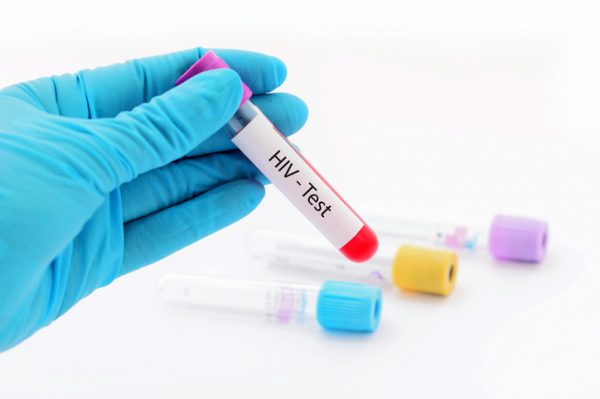
The Food and Drug Administration has given the go-ahead to what it calls the first next-generation sequencing test for detecting mutations that enable the most common strain of HIV to become immune to drugs.
The FDA said Tuesday that it had authorized marketing of Singapore-based Vela Diagnostics’ Sentosa SQ HIV Genotyping Assay, describing it as the first HIV drug-resistance assay to use NGS technology. The U.S. approval is not the first for the assay – the company announced that Thailand’s drug regulatory agency approved it in August. Regulators in Singapore and Australia approved it in 2017.
“The ability to rationally select treatments for patients about to start or already taking antiviral therapy provides another tool in our ongoing fight against HIV,” FDA Center for Biologics Evaluation and Research Director Peter Marks said in a statement. “Today’s authorization offers healthcare providers a new tool in helping to select treatment options for their patients.”
Marks pointed out that according to the Centers for Disease Control and Prevention, the percentage of people living with HIV that has acquired resistance to some drugs has increased from 11 percent to 29 percent since 2001. As such, he said, the approval will help healthcare providers better tailor treatment for patients beginning antiviral therapy.
NGS is commonly associated with providing genomic sequencing for patients with cancers, thus enabling the tailoring of therapy to their tumors’ genomic profiles. However, it has been growing in importance for other disease states as well, particularly infectious diseases. In October 2018, Redwood City, California-based Karius announced results of a pilot study conducted with the St. Jude Children’s Research Hospital in Memphis, Tennessee, to test its NGS system’s ability to detect infections in children with leukemia. Results indicated a 78 percent predictive sensitivity in the two days before the onset of infection and an 82 percent diagnostic sensitivity on the day of infection. The company says the test is able to detect more than 1,000 disease-causing pathogens by looking for cell-free microbial DNA in patients’ plasma, including viruses, bacteria, protozoa, nematodes and fungi.
Photo: jarun011, Getty Images










